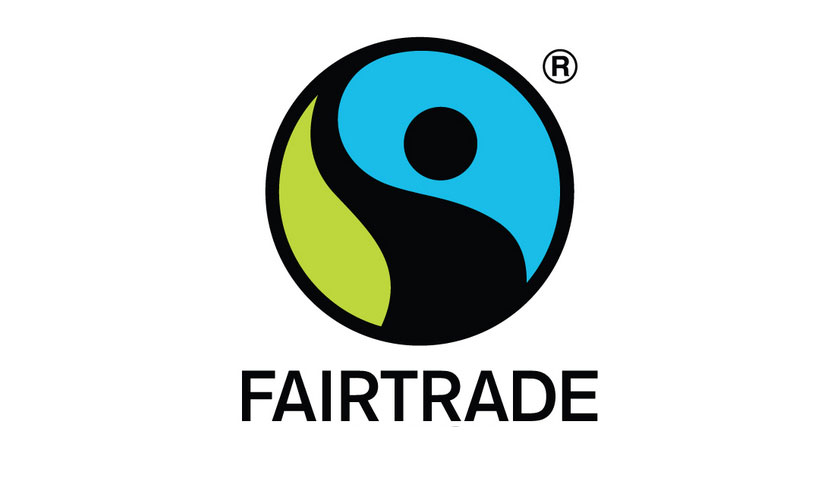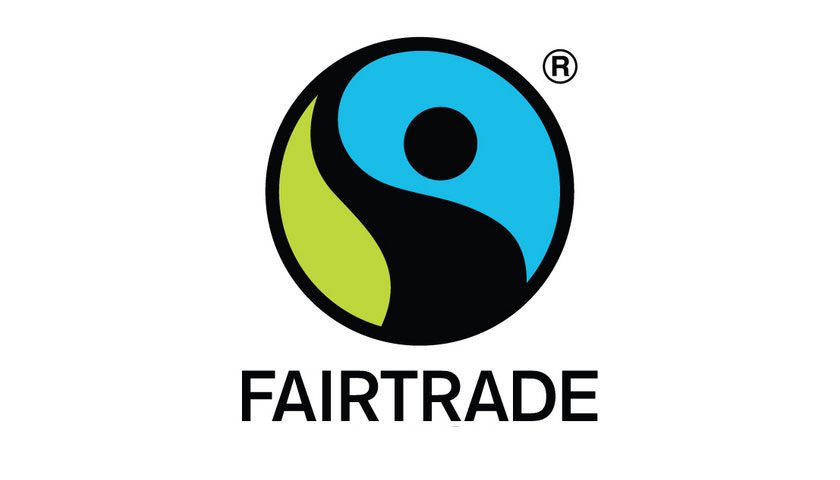Gender balance is essential for economies and communities to thrive. Yet in many of the countries where Fairtrade works, women farmers receive lower pay than men, are often unable to own land and struggle to access loans or training.
Fairtrade’s Gender Strategy places special emphasis on training to strengthen women at producer organizations. As part of this, the Fairtrade Network of Asia & Pacific Producers has launched a new gender leadership school. It focuses on business skills which can be a powerful tool for women, providing practical training in skills such as finance, negotiation, group decision-making, as well as creating awareness on gender equality. The school also trains men, helping them better understand the challenges women face, become role models themselves and promote gender equality in their communities.
Thirty Fairtrade farmers (25 women and five men) from Central Asia participated in the first workshop, from Fairtrade organizations growing cotton and walnuts. The school will also be replicated in Indonesia and India in the next few months, with over 100 Fairtrade producers from across South and Southeast Asia. It is a year-long programme, with a total of ten modules and around 30 in-person sessions planned.
Mirzaayim Mamatalieva, member of a cooperative of organic cotton farmers in Kyrgyzstan, is one of the first women to attend the school. “I was very keen to learn more about the topic of ‘Gender Equality’ in the training,” said Mirzaayim. “We all have equal rights at birth, therefore I believe that both men and women can work equally and should support and complement each other in a producer organization. The training has been very helpful”.

Supporting women to lead worldwide
This school follows a number of initiatives across the Fairtrade regions to strengthen women’s position and support them to take on leadership roles. In Cote d’Ivoire 22 women cocoa farmers graduated in June 2018 from a school of leadership organized by Fairtrade Africa, in partnership with Co-op and Compass Group UK & Ireland. Many of these women have since been elected to committee positions, developed Women’s Committees within their cooperatives and initiated projects to improve their income, such as savings groups and diversification projects.
Yadua Adingra became Chairperson of CAYAT Cooperative after participating in the school. “I managed to convince the cooperative members that I was the right person for this position by telling them what I had learnt at the Women’s School of Leadership,” she says. “Standing in front of the members was not a problem as I had presented during the training. I now have the opportunity to continue training the women about all the modules as Chairperson”.
This year, the women graduates will co-lead a second school for 60 new participants from seven Fairtrade cocoa growing cooperatives.
In Latin America 109 women from six Fairtrade producer organizations in Guatemala successfully completed the “Guatemalan Women’s Economic Empowerment and Leadership School” last October. Three schools had previously been held in El Salvador, which not only brought positive results for the more than one hundred participants, but also led to a manual being produced for replicating the training in other countries. The next school will soon take place in the Dominican Republic.
“Participating in the school was a wonderful experience, because I learned from the information presented and most of all I learned to value myself just as I am and to love myself as I am,” commented Ana Beatriz Ramírez López, a member of the Ciasfa coffee cooperative in Guatemala.
Read more about Fairtrade’s gender work here.

